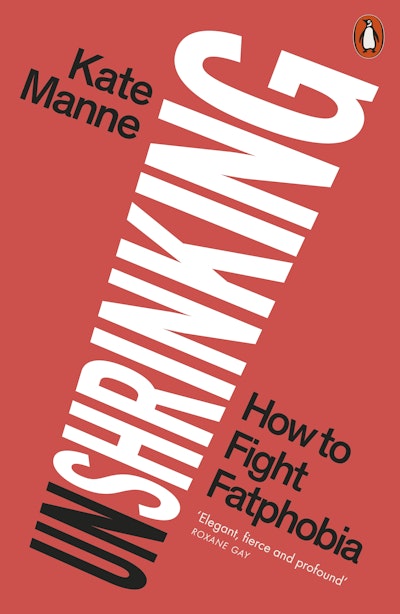Down Girl
The Logic of Misogyny
- Published: 1 March 2019
- ISBN: 9780141990736
- Imprint: Penguin eBooks
- Format: EBook
- Pages: 320
An important and compelling analysis of a phenomenon that's everywhere. Out of Manne's thoughtful analysis, of not just much-debated high-profile events but also everyday experiences, emerge insight after insight into the what, why, when, and how of misogyny
Cordelia Fine, Big Issue
Fiercely argued and timely
Paul Bloom, New Yorker
Manne's book is a forensic and clever analysis which provides the cogs and wheels of how the system of patriarchal policing works, in our minds, as well as in our world. . . Down Girl offers a sharply cut prism through which to view our everyday experience
Afua Hirsch, Times Literary Supplement
Down Girl is excruciatingly well-timed, providing a theoretical framework for a phenomenon baring itself before us, perverse and pervasive. . . It reminds us that while revealing individual misogynists is hard, uprooting misogyny is much harder
Carlos Lozada, Washington Post




